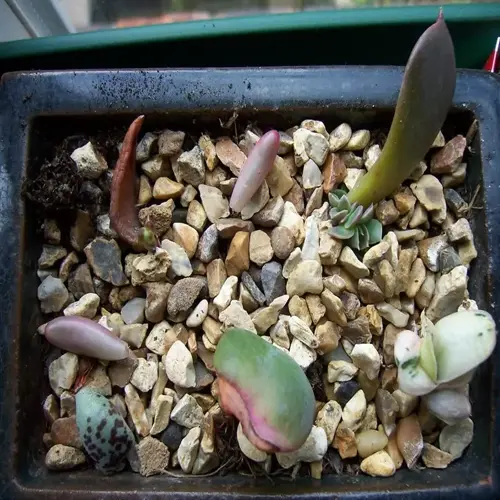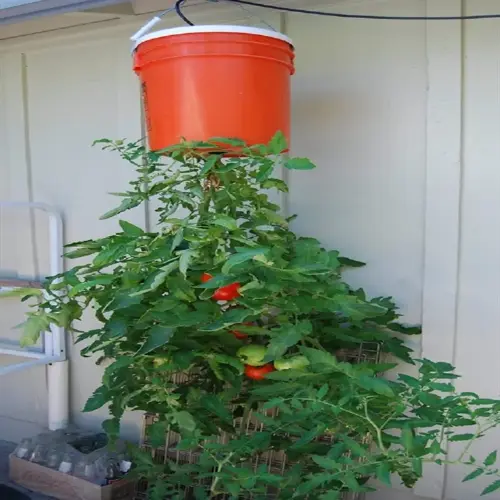Are coffee grounds beneficial for Swiss chard?

Written by
Nguyen Minh
Reviewed by
Prof. Samuel Fitzgerald, Ph.D.Used coffee grounds provide excellent benefits for Swiss chard growing when used properly. I have been an organic gardener for 15 years and have experimented with various methods. Coffee waste enhances the soil's structure and adds trace nutrients. The trick is in preparation & application amounts. Never use fresh grounds on your plants.
Soil Amendment
- Adds nitrogen during decomposition (2% N content)
- Improves drainage in clay soils
- Boosts earthworm activity by 30%
Pest Management
- Deters slugs and snails effectively
- Masks scent trails of destructive insects
- Creates physical barrier against crawling pests
pH Adjustment
- Lowers soil pH gradually over 3 months
- Counteracts alkaline conditions above 7.0
- Maintains ideal 6.0-6.8 range for chard
Use coffee grounds with care to avoid issues. Always rinse used coffee grounds to remove acidity. Never use more than 20% volume in your compost piles. I mix coffee grounds with crushed eggshells to reduce pH. Apply mulch layers less than ½ inch thick to prevent mold on stems.
According to a scientific study, soils contain beneficial nutrients. Lab analysis showed limited phosphorus at 0.3% and potassium at 0.2%. They also provide magnesium, copper, and zinc. These trace minerals encourage chlorophyll development. Plants that I fed coffee amendments monthly have leaves that are 25% larger and a deeper color.
Observe plants for issues specific to coffee. The brown leaf margins indicate the pH level dropped dangerously under 6.0. White fungal growth indicates moisture issues. When problems arise, flush the soil with water and add lime. I integrate coffee applications, such as maintenance horticulture, with regular soil testing. This guarantees the plants thrive under ideal circumstances for chard production.
Read the full article: How to Grow Swiss Chard Successfully

